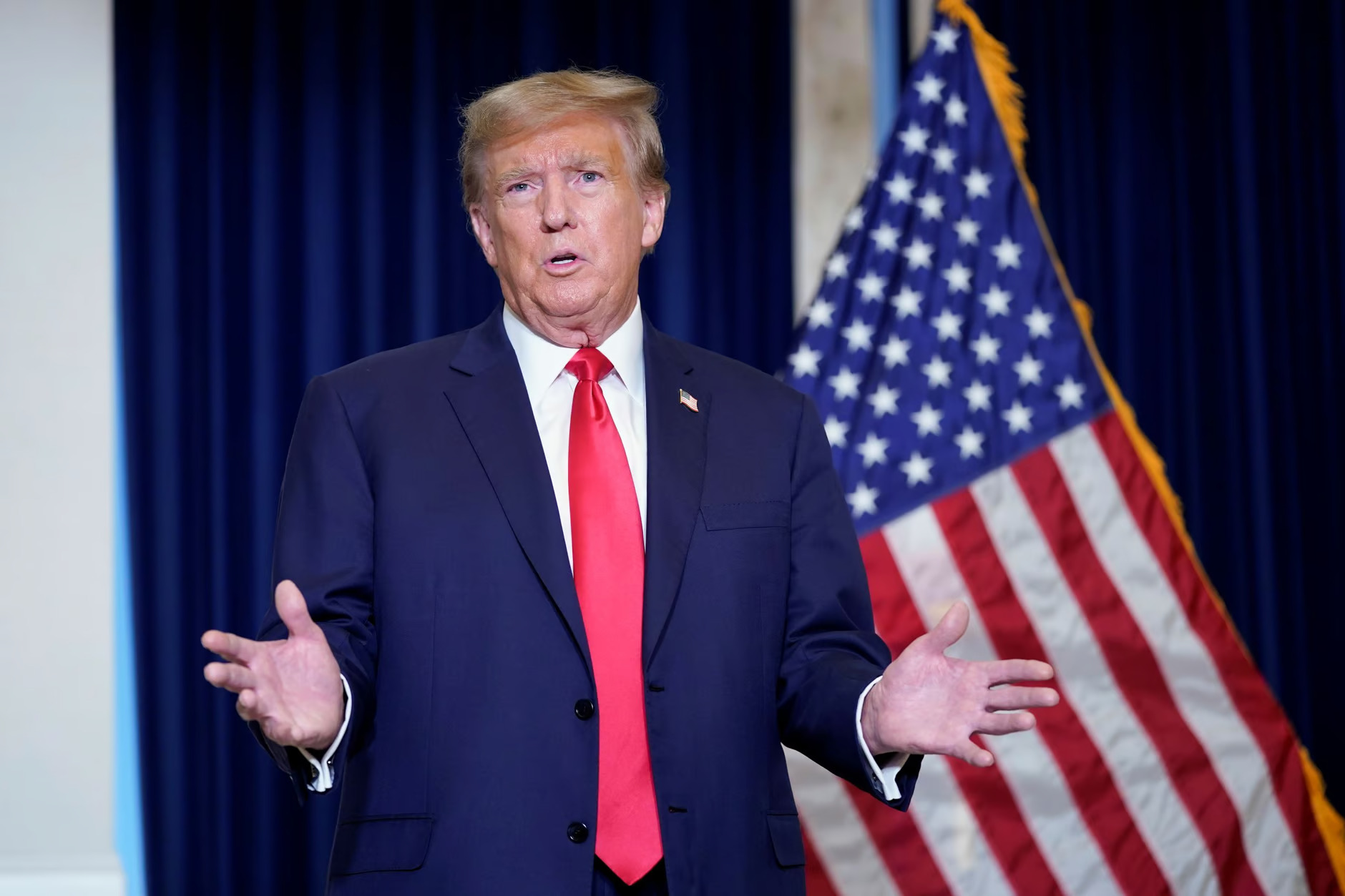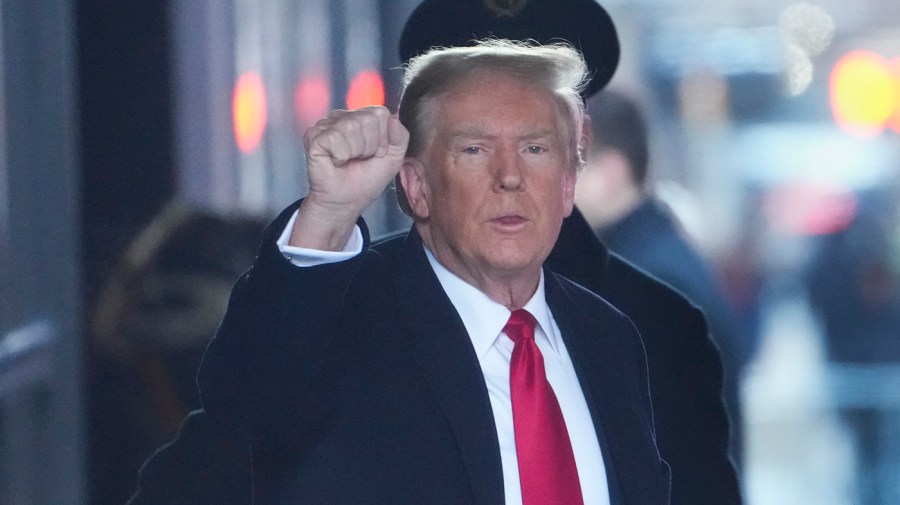A three-judge panel has upheld a prior court decision rejecting former President Trump’s claim of immunity from criminal prosecution as a former executive, thus thwarting his attempt to dismiss his federal case on the grounds of presidential immunity.
The panel for the District of Columbia Circuit Court of Appeals stated in its 57-page decision that, “For the purpose of this criminal case, former President Trump has become citizen Trump, with all of the defenses of any other criminal defendant,” adding that any executive immunity that might have shielded him during his presidency does not apply in this prosecution.
Trump’s legal team responded to the ruling, expressing respectful disagreement. The decision marks a setback for Trump’s argument that presidents enjoy broad immunity from criminal charges even after leaving office.

Appeals Court Panel Denies Trump’s Claim of Presidential Immunity (Credits: Courthouse News)
The judges emphasized that the presidency does not grant unchecked authority to commit crimes that could undermine the democratic process. They also rejected Trump’s assertion that former presidents should be immune from federal prosecution indefinitely.
Two of the judges on the panel were nominated by President Biden, while the third was appointed by President George H. W. Bush.
The ruling comes after a delay following a January 9 hearing, during which the judges expressed skepticism towards Trump’s immunity claims. Trump’s team had argued that presidents could only face prosecution if impeached and convicted by the Senate, a position that differed from their stance during Trump’s second impeachment.
Trump’s argument that he is being politically targeted and the claim that prosecution creates a chilling effect on presidents were both dismissed by the judges. They also pointed out that Trump’s interpretation of immunity diverges from past presidents’ actions, citing President Ford’s pardon of Nixon in 1974.
The timing of the legal battle is crucial, as Trump has sought to delay proceedings with hopes of returning to the White House and potentially ending the prosecutions. However, the ruling effectively pushes him to appeal to the Supreme Court by February 12, or else the case will be returned to the trial court.
Legal observers anticipate the Supreme Court will eventually address the immunity issue. Meanwhile, Trump faces multiple federal charges related to his efforts to overturn the 2020 election results as he campaigns for a return to the presidency.























